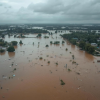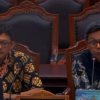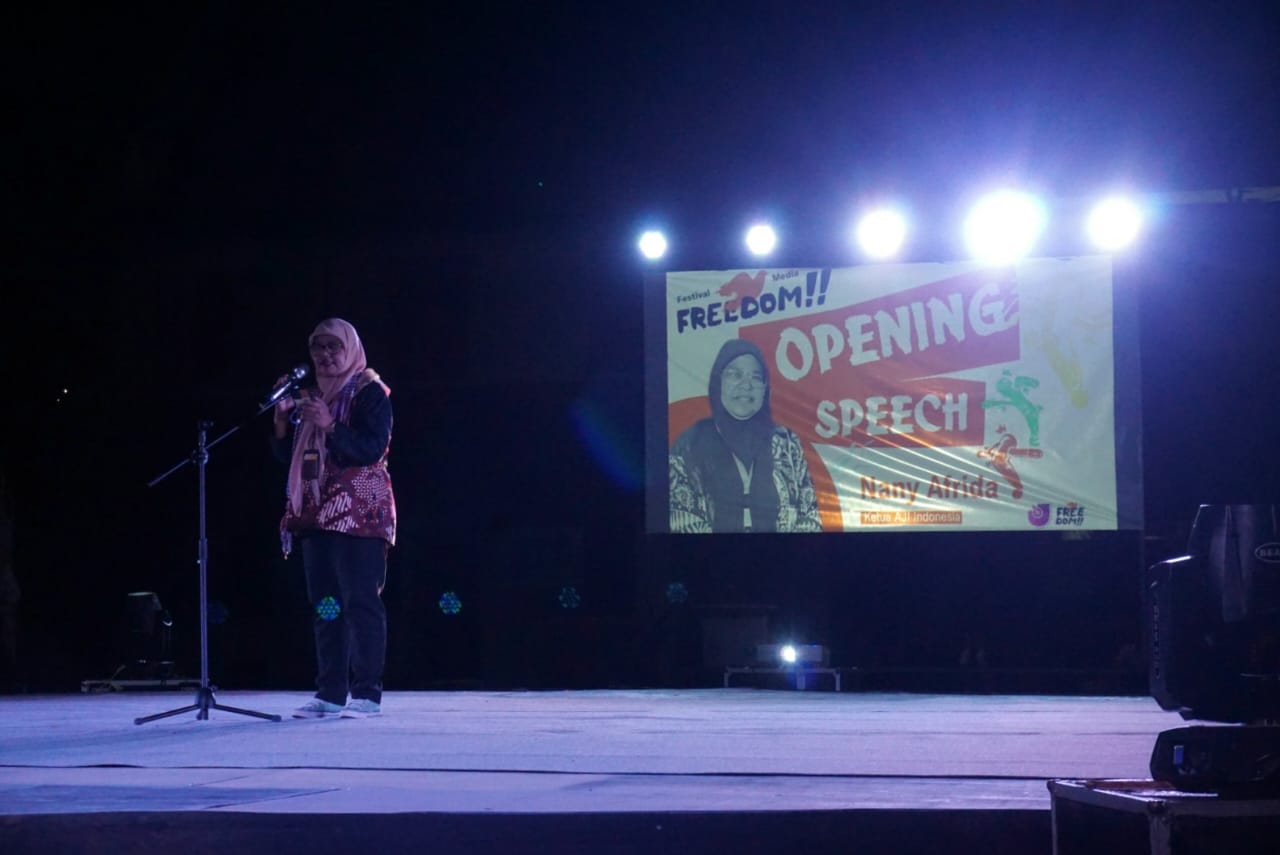Independen -- Khanzaa Vina,a transwoman, once asked: what does it take for the government to start protecting transwomen? Why is it that they issued discriminatory policies when they should have been protecting these minority groups?
The latter phenomenon is evident in the number of cases of persecution of members of LGBT communities, discriminatory bylaws, and regulations that restrict LGBT job-seekers.
Human Rights Watch (HRW) report indicated that the government turned out to be one of the actors responsible for creating and perpetuating discriminatory practices as well as persecution of LGBT communities.
This certainly was a cause of disappointment for many transwomen.
“On the one hand we put a lot of hope on the government, but on the other hand, the government shows no indication that they are on the side of the LGBT people,” said Khanzaa Vina, who chaired Jakarta-based transwomen group Sanggar Waria Jakarta (Swara).
“Instead of being offered equal access and opportunities, we keep running into these kinds of policies. The government is actually one of the groups that commit violent persecution on LGBT individuals and [particularly] transwomen,” she said when contacted by Konde.co on Sunday, July 12, 2020.
Transgender people are restricted by rules such as prohibition from registering to take part in government official recruitment process. And then there is the hate speech made by serving and candidate government officials.
When the government is the party responsible for perpetuating hatred against minority groups, the resulting violence becomes a structural issue. LGBT issues, after all, are often only exploited during electoral campaigns.
Hate narratives directed at LGBTQ communities leave transwomen at a most vulnerable position. After all, they are the group with the most publicly noticeable gender or sexual expression.
Khanzaa argued that the government should have provided special protection for vulnerable groups including transgenders. This becomes even more important in the current pandemic where vulnerable communities bear the worst impact.
Even before the pandemic, the transgender community had already lived in a restricted space. They had difficulty accessing jobs due to limitations put in place often by the government. This explains why on average transgender individuals work in the informal sectors, in jobs at beauty salons or becoming sex workers.
“Many fellow transgenders have no access to employment in the formal sector, access to jobs at all, since they work with skills that require direct access to the customers,” Khanzaa said.
Quarantines have had a major impact on transgender access to make income. Even if they force themselves to keep working, the nature of their job means that they are vulnerable to COVID-19 transmission.
“This has an impact of fellow transgenders who work in the informal sectors, like beauty salon workers, therapists, even sex workers who cannot receive any client since the risk is too great,” Khanza explained.
In addition to economic vulnerability, transgender individuals had trouble finding a safe place during the COVID-19 pandemic. They continue to become targets of violence, starting with the burning of a transwoman by local residents of North Jakarta in early April 2020 to prank against transwomen in Bandung in early May 2020.
Khanzaa believed the state should have been present in protecting the citizens, particularly vulnerable groups, in the time of the pandemic.
“Personally, I don’t want to have to receive special treatment, but much rather see that the same access and life condition enjoyed by people in general be made available for the LGBT community as well,” Khanza said.
“It’s as simple as that, to feel what it’s like to be treated as human being, without labels or anything that is specially applied to only to the LGBT community,” she concluded.
What should the government do?
National Commission on Women commissioner Imam Nahei said that transwomen are among the communities bearing the most impact of the pandemic due to their minority status and negative public stigma.
“Whereas the pandemic in general increases the cases of violence against women and magnify the burden born by families, it could be said with certainty that the most vulnerable group, transwomen, are more affected,” Nahei told Konde.co on Tuesday, August 4, 2020.
Nahei considered the stance of the state—often the party responsible for perpetuating discrimination against transwomen—as ironic and problematic.
The government should have based their policy on the constitution, ensuring that the citizens’ rights to security, equal access, etc. are enjoyed by the transgender community as well.
“From constitutional perspectives, the state is prohibited from limiting the transwomen’s access to jobs since their worth, status and dignity before the law are the same as other human beings,” Nahei said.
The government should also have been capable of issuing special policy to protect this community. Nahei explained that the government had committed to this issue by taking part in Convention on the Elimination of All Forms of Discrimination against Women (CEDAW).
“[CEDAW] mandates that when a women’s community, including transwomen, is in a dire, marginalized position, it is imperative for the state to take special actions called the affirmative action to fulfill their rights and eliminate violence against them," said Nahei.
“But the government had failed to do this. Instead policies have been issued in some regions that are discriminating against them,” he revealed.
Nahei believed the government had to focus their advocacy on two issues in this matter.
Firstly, law enforcement against discrimination, persecution and violence against any member of the community, including transgender individuals.
Second, the government should be capable of providing more comprehensive public education on gender issues, including on the transgender community.
Nahei believed the public still subscribe to negative stigma about transgender individuals without fully understanding them.
Public education on the rights of transgender community should instill the idea of ending prejudices based on identity and expression. Sexual expression, after all, is a personal choice.
“And [instilling] this does require powerful public education,” Nahei emphasized.
Author: Fadiyah/D02
*This article was published in Bahasa at Konde.co in September 2020









